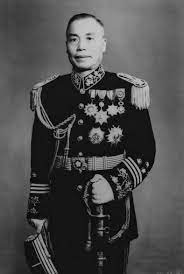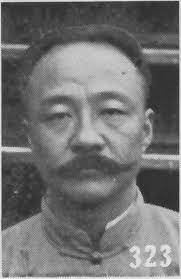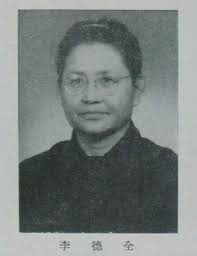Nieh Jung-chen (1899-), marshal of the People's Republic of China. After serving as commander of the Shansi-Chahar-Hopei military district during the Sino-Japanese war, he became acting chief of staff (1950) and vice chairman (1954) of the People's Revolutionary Military Council. He was made chairman of the Scientific Planning Commission in 1957 and director of the […]












